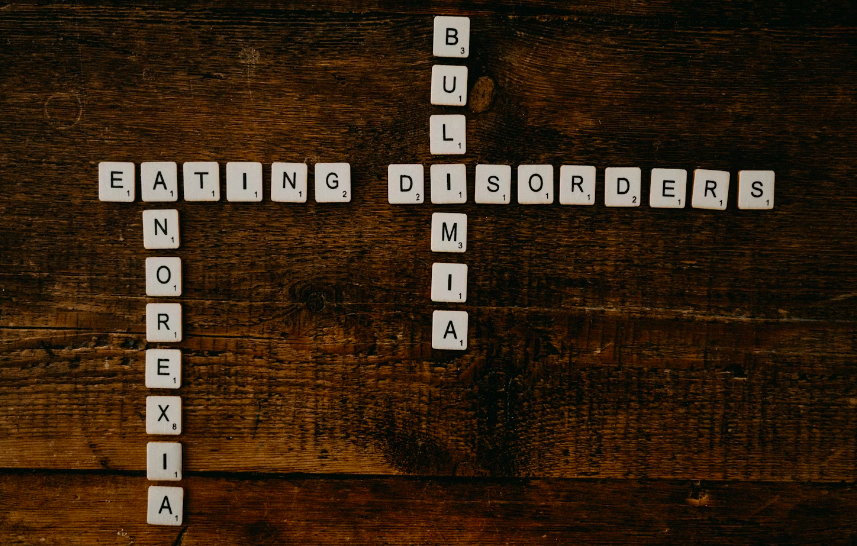
A Guide to Intellectual Disabilities and Learning Disorders
There is no doubt that parents want the best for their kids, and to provide the best care for their children, they must first understand. In this blog post, we’ll be discussing how some kids might find learning a bit challenging. Everyone learns in their own way, and today we’re going to look at why some kids might need a bit of extra support. We’ll talk about things like intellectual disabilities and learning disorders, and why it’s important for all of us to understand and help create a world where every kid has a chance to do their best, no matter how they learn.
What are intellectual disabilities and learning disorders?
Intellectual disabilities and learning disorders can occur at the same time in an individual but they are not the same thing.
An individual with an intellectual disability has problems with both intellectual functioning as well as daily activities. Depending on the level of severity, someone with an intellectual disability may have difficulty with speaking, reading, interacting with others, caring for themselves, or even simple tasks such as using a telephone or eating. Someone can either be born with an intellectual disability or it can be a consequence after irreversible, severe brain damage.
An individual with a learning disorder may have a normal level of intelligence but has difficulties in the nervous system that affects receiving, processing, and communicating information. For example, a child may have a tendency to reverse letters, words, numbers, and have difficulty telling right from left. Usually we observe a learning disorder when a child begins to attend school.
What causes an intellectual disability or a learning disorder?
There are a wide variety of intellectual disabilities and learning disorders so it is hard to pinpoint a single cause but the most common of them are:
- Genetics or abnormal chromosomes
- Complications during pregnancy
- Illnesses or infections during developmental stage
- Injuries to the nervous system
We also want to mention that if a child has another disorder such as attention deficit hyperactivity disorder (ADHD), their risk for developing a learning disorder also increases. Attentional disorders make it more challenging for the child to learn.
What are typical treatments?
Treatment for an intellectual disability starts off with an evaluation because we want to know the underlying cause of it. An intellectual disability is a big umbrella term for all the types of disabilities out there but there are different reasons that may cause one or another. A full evaluation from an entire team of professionals is often necessary for an appropriate plan of treatment. Oftentimes the child will be evaluated by a neurologist, psychologist, psychiatrist, special education specialist, and other specialists to discover the root of the problem.
For example, there are certain intellectual disabilities that are caused by medical problems where a pediatrican or physician will be essential in determining the cause. Oftentimes, an intellectual disability is accompanied by emotional and behavioral disorders such as anxiety and depression.
Treatment for a learning disorder also starts with an evaluation and educational testing to confirm what kind of learning disorder the child has. If it is confirmed that the child has a learning disability, professionals can also give parents and caregivers advice on what the proper school setting should be. A traditional school may not be suitable for a child with a learning disorder who is not able to keep up with his or her peers. Sometimes special education or speech services are necessary. The evaluation can also help determine if the child has another disorder such as ADHD – which is easily treatable.
Can children with an intellectual disability or learning disorder experience drastic improvement with treatment?
While treatment cannot extinguish the intellectual disability or learning disorder in a child, treatment will help a child progress in their learning. The ability to learn may not be at the level of their peers and it will take more effort and time for them to learn. However, we should try to figure out each individual’s greatest potential with the help of a professional and tailor the learning experience to the child.
Early intervention and encouragment is important. Do not become discouraged and give up on your child if your child is diagnosed with an intellectual disability or a learning disorder. There is always potential to learn and improve.
Last but not least, teach your child some independence skills. Many caregivers of those with an intellectual disability think they cannot teach their child how to take care of themselves. They end up doing everything for their child. Do not fall into this way of thinking. You can teach your child to be independent. Skills like making a peanut butter sandwich, pouring a glass of milk, using sign language to communicate can all be taught.
What can parents and teachers do to help children with intellectual disabilities and learning disorders?
First and foremost, show them that they have value and worth and help them increase their self-confidence. Just because they have an intellectual disability doesn’t mean they do not have emotions or an inability to form an opinion about themselves. They can see their peers and others do and learn things faster. They can see a difference and feel negatively about themselves.
We need to have them understand that their value is not based on their disability or disorder. We must take care to provide affirmations like clapping or smiling and saying “yay!” when they are doing something well. Help them discover their strengths. A child with a learning disability may not be able to write a novel but they may be great at baking or making jewelry.
As parents and teachers we need to avoid saying things that cause guilt, shame, or comparison. We often see households where there are multiple siblings and only one of them has an intellectual disability or learning disorder. We need to help and show each child how they are special in their own way.
Parents and teachers must also have appropriate academic and life expectations and goals for the child. We see many parents have difficulty accepting that a disability is a permanent situation and will become frustrated when a child cannot keep up with their peers. Parents need to accept the disability and adjust their expectations accordingly. This does not mean giving up on the child however. It is important to set appropriate goals whether it be learning a new, practical skill or being responsible for a certain task.
Parents and teachers need to take care to address all of their needs. This means taking care of them physically but also emotionally and psychologically. We also need to adjust communication accordingly. If someone has moderate to severe levels of a learning disability, we will need to speak slowly with vocabulary they will understand.
In many towns and cities there are social and professional services focused on those with disabilities – seek out those resources. In most cities there is a Regional Center which is a specialized service for those diagnosed with an intellectual disaiblity. It is an immense resource.
Last but not least, we should continually preach and infuse the Gospel message of Christ’s love and grace. The ability to feel Christ’s love does not entirely depend on someone’s IQ. Remember that a learning impairment or any struggle in life does not define our identity. If Christ is in me, I am a child of God, fully loved, accepted and perfect in God’s eyes. As parents, teachers and caregivers, we can assist in fostering opportunities where the Gospel can be heard and continually share the message of Christ’s love through our actions. No matter the level of intellectual ability someone has, they can still experience love and care.
You can watch the accompanying Anchor of Hope video here.
Enjoyed our blogpost? Subscribe to our newsletter for more resources on mental health and integrating the Gospel message in your healing journey.
If you found our resources useful, please consider donating to Oak Health Foundation, which is a 501(3)c nonprofit dedicated to providing resources regarding holistic mental healthcare and subsidized treatment for those in need.




